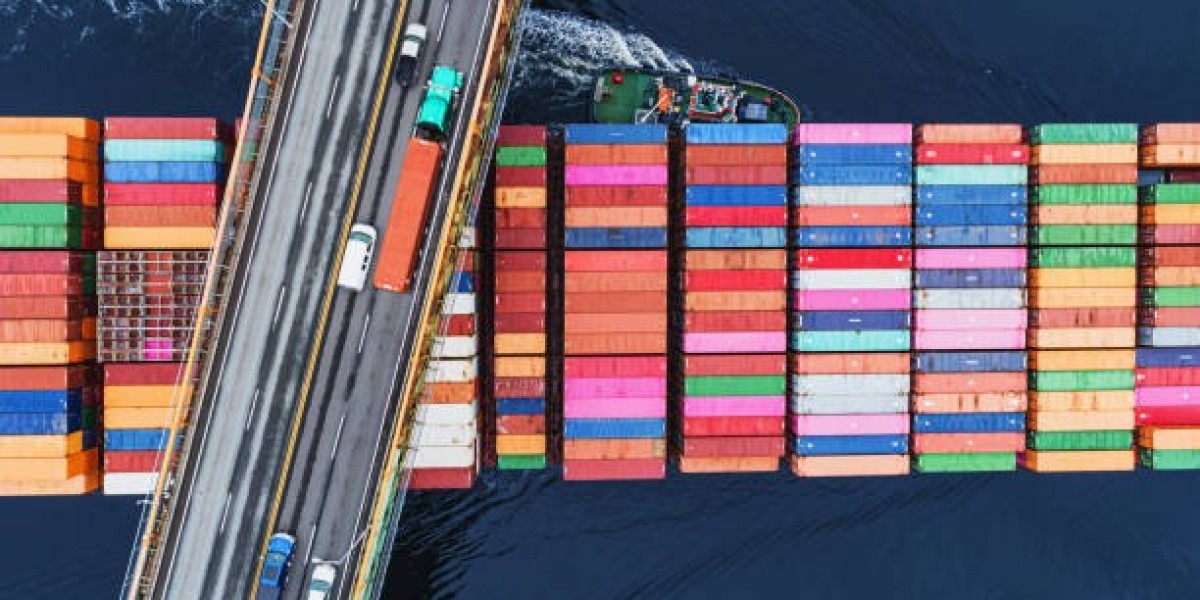Introduction
Ocean freight forwarders are essential players in international trade, facilitating the movement of goods across vast oceans. They specialize in coordinating and managing the logistics of shipping cargo by sea, ensuring smooth transportation from origin to destination. With expertise in customs regulations, documentation, and freight consolidation, these forwarders optimize efficiency and minimize costs for businesses engaged in global trade, making them indispensable in the shipping industry.
Ocean freight forwarders play a crucial role in facilitating global trade by managing the transportation of goods via sea routes. While they serve as intermediaries between shippers and carriers, these professionals encounter numerous challenges in their day-to-day operations.
Major Problems Faced By Ocean Freight Forwarders
This article explores the major problems faced by ocean freight forwarding services providing companies, shedding light on the complexities and issues that arise in the industry.
I. Complex Documentation and Regulations
Ocean freight forwarding involves extensive paperwork, documentation, and compliance with a multitude of regulations. Forwarders must navigate through complex trade laws, customs regulations, and various international agreements. The sheer volume of paperwork, including bills of lading, certificates of origin, and customs declarations, can lead to delays and errors, impacting the efficiency of operations. Moreover, regulations are subject to frequent changes, requiring forwarders to stay updated and adapt to new requirements.
II. Capacity Constraints and Equipment Shortages
One of the persistent challenges faced by ocean freight forwarders is the issue of capacity constraints and equipment shortages. The demand for shipping services often exceeds the available space on vessels, leading to overbooking and delays. Container shortages, especially during peak seasons or disruptions, further exacerbate this problem. Forwarders must constantly negotiate and secure space with carriers while managing customer expectations and seeking alternative solutions.
III.Rising Freight Rates
Fluctuating freight rates are a major concern for ocean freight forwarders. Rates are influenced by factors such as fuel costs, port congestion, market demand, and carrier alliances. In recent years, the industry has witnessed significant rate hikes, causing financial strain for forwarders. Balancing competitive pricing with profitability becomes increasingly challenging, as forwarders must absorb the increased costs or pass them onto customers, potentially affecting customer relationships and market competitiveness.
IV.Port Congestion and Infrastructure Challenges
Port congestion and infrastructure deficiencies can disrupt the smooth flow of goods and add significant costs and delays for ocean freight forwarders. Congested ports, limited berthing space, and inefficient cargo handling can result in vessel delays, demurrage charges, and additional operational expenses. Inadequate road and rail connections to ports further complicate the situation, affecting the overall efficiency and reliability of transportation networks.
V. Communication and Visibility Issues
Clear and effective communication is vital for successful freight forwarding operations. However, the complexity of the global supply chain often hampers communication and visibility. Coordinating with multiple stakeholders, including shippers, consignees, carriers, customs authorities, and inland transportation providers, requires seamless information flow. Lack of real-time tracking and visibility into shipment status can lead to uncertainty, operational inefficiencies, and customer dissatisfaction.
VI. Security and Risk Management
Security and risk management pose significant challenges for ocean freight forwarders. Protecting cargo from theft, damage, and unauthorized access requires robust security measures throughout the supply chain. Forwarders must also manage risks associated with natural disasters, piracy, regulatory compliance, and geopolitical tensions. Failure to mitigate these risks can lead the Supply Chain Management Services Company to financial losses, reputational damage, and compromised customer trust.
VII. Environmental Sustainability
In recent years, environmental sustainability has emerged as a critical concern for the shipping industry. Ocean freight forwarders face pressure to reduce carbon emissions, adopt cleaner technologies, and comply with environmental regulations. Transitioning to eco-friendly practices, such as using low-carbon fuels, optimizing vessel routes, and promoting modal shifts to rail or inland waterways, presents both challenges and opportunities for forwarders to align with the global sustainability agenda.
Conclusion
Ocean freight forwarders navigate a complex landscape characterized by documentation challenges, capacity constraints, rising freight rates, port congestion, communication issues, security risks, and environmental sustainability concerns. Overcoming these obstacles requires adaptability, technological advancements, strategic partnerships, and a deep understanding of the industry's evolving dynamics. By addressing these major problems, forwarders can enhance their efficiency, deliver superior customer service, and contribute to the growth of global trade.



